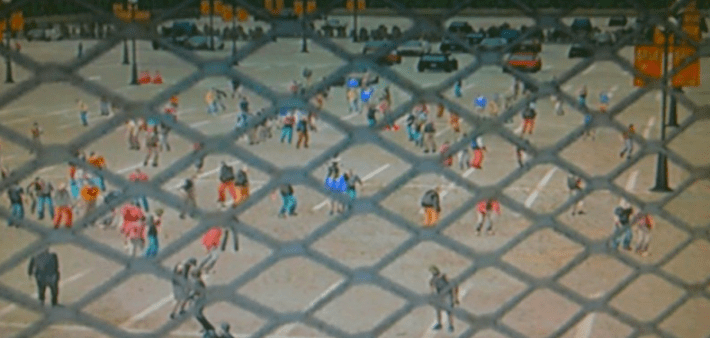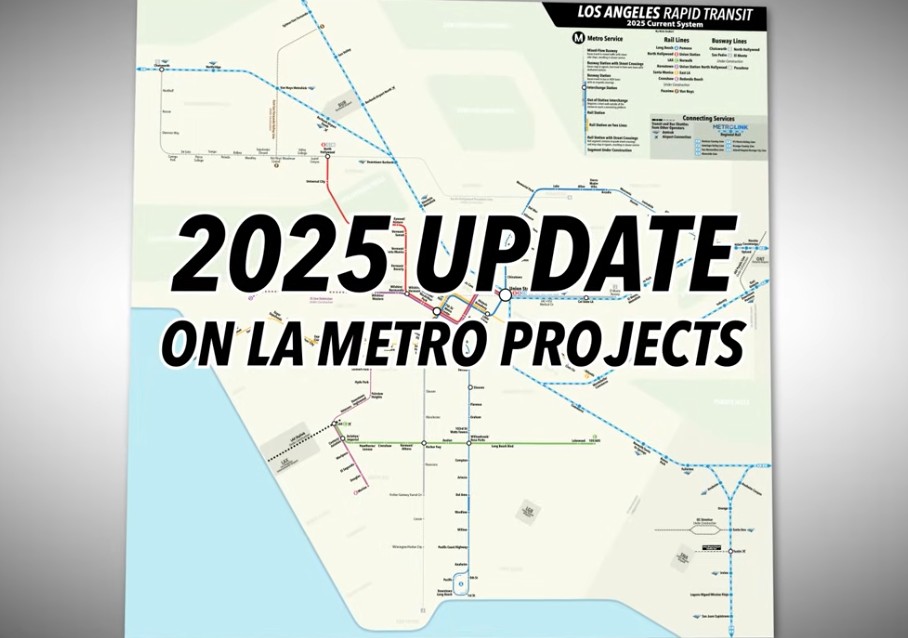Like a once-vanquished zombie rising from its grave in a poorly conceived sequel, the city is reportedly considering a series of plans that would hand over control and profit for nine city-owned parking garages to a private entity. Last January, the City Council rejected a proposal by Mayor Antonio Villaraigosa to begin soliciting bids for the city's lots, but apparently that didn't stop some organizations from soliciting bids anyways. City Watch reports that City Administrative Officer Miguel Santana has received several "unsolicited" offers to manage or lease the 8,200 parking spaces located in nine garages. Jack Humperville reports:

These offers included a proposal to sell the parking garages for an upfront payment of over $200 million, similar to the proposals that were rejected by the City Council. There are also convoluted Lease-Leaseback transactions that involve considerable financial engineering. But again, they all appear to involve upfront cash in return for the ability to operate the parking garages.
The CAO report, embedded at the bottom of Humperville's story, lists four options that the City Council might want to consider in a closed door session. They include a $200 million offer to lease the garages for fifty years, a series of lease-leaseback agreements where the city receives and upfront payment but then leases back the garage from the private partner, and creating a city-wide management contract that would require the winning bidder to pay off the city's parking lot debt.
We should stress that at this point, the Council hasn't responded to the CAO's report, but if the city is going to move forward (again) with privatizing city-controlled lots, it doesn't mean that they can't get a good deal out of a potential lease. If the Council, CAO and Mayor's Office can answer these four questions, which Streetsblog has presented before, then Los Angeles could be the first city in the country to have a "public-private-partnership" involving the leasing of parking spaces in the country.
How does Los Angeles avoid becoming the next Chicago?
The best known parking lease plan in America was the leasing of metered and street parking spaces in Chicago. To put it mildly, Chicago got fleeced. Morgan Stanley has raised parking rates and already recouped their initial investment. The next seventy three years of their lease will be pure profit. Children not even born will have grandchildren paying for this sweetheart deal because the Chicago politicians were too scared to raise meter rates on their own.
Rather than outsourcing profits, why doesn’t the city just raise the rates at these garages?
Business groups in Hollywood, Westwood and the Downtown have fought previous privatization plans, because they believe that subsidized parking is key to local business models. Drivers and businesses basically went on the warpath after the city raised meter rates and installed smart meters in 2009.
These businesses and advocates are basically arguing for a subsidy for parking their car. If the city believes a private operator can make enough profits to temporarily fix the city’s budget, it means that it believes that the operators are going to do so by raising the rates. In other words, the city hasn’t been pricing its spaces at market value and has been subsidizing the cost of parking in city owned garages.
In a recent editorial, the Daily News basically calls advocates of market rate parking who believe the Council has the guts to do this their own dayreamers:
And those who think the City Council will on its own make the financially responsible but politically difficult choice of raising rates and ending parking subsidies have their heads in the sand. The council has consistently balked at making hard choices for the good of many when confronted by the protests of the few.
But outsourcing the political will to adjust parking costs to meet the market rate did not shield Chicago pols from public outrage when rates went up and the profits went to Morgan Stanley instead of the City of Chicago. People who think that the beneficiaries of subsidized parking won’t get mad at the city when rates go up have their heads in the same theoretical sand.
If the city believes these garages aren’t something that can raise revenue, and believes that they are going to fleece the private operator; that means these garages are a bad use of public spaces. Land is one of the most valuable resources in the city, and if we’re wasting some of it on parking, and the city doesn’t mind losing control of the land, our next question is obvious.
Why aren’t we looking at just selling the land outright? If someone wants to operate a parking lot, fine. If someone wants to use the land for something else, why not?
And here’s the last question, and one that’s been so ignored that no leasing plan has even been heard by the City Council Transportation Committee. What impact will leasing these garages have on local traffic circulation and any long-term reforms that future mayors or Councils might want to implement?
Nobody is discussing this, other than the below-market rate advocates who worry the increased rates will drive away business. A study by LADOT or some other parking expert, should be a prerequisite before any city makes a plan to lease their public parking.






